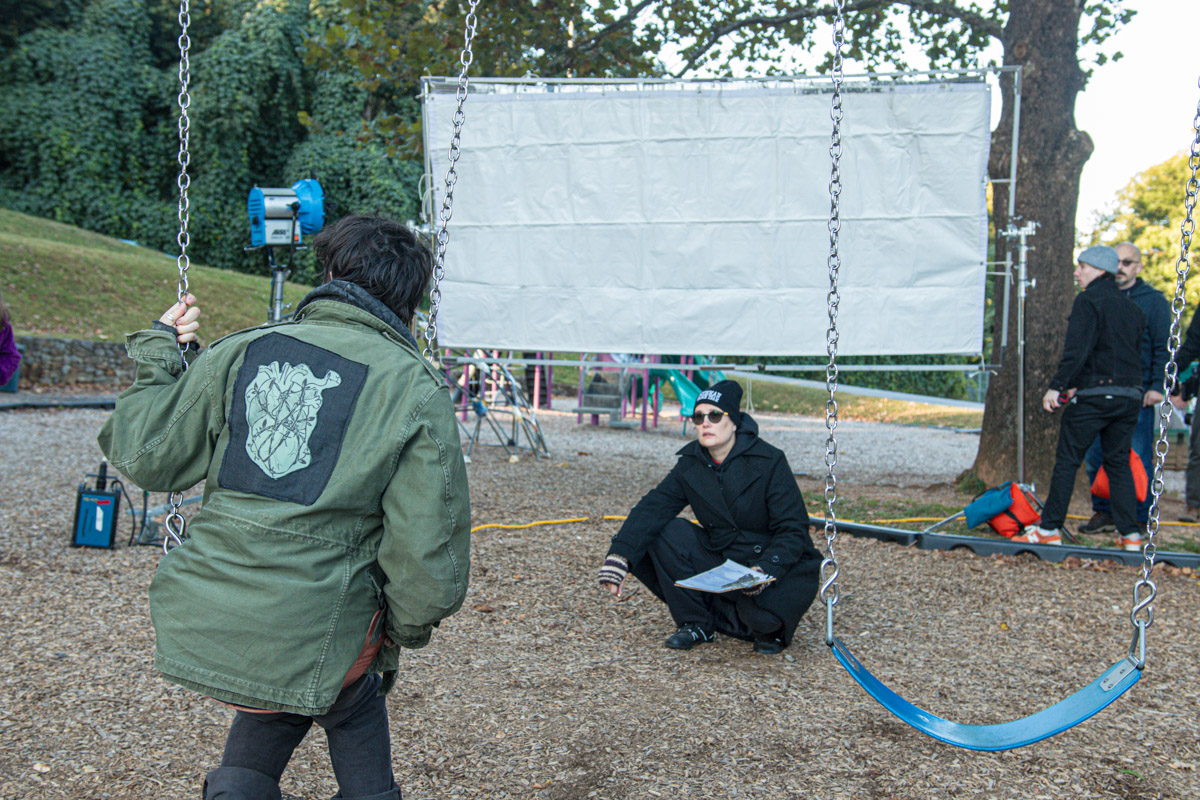We’re excited to introduce you to the always interesting and insightful Missy Bell. We hope you’ll enjoy our conversation with Missy below.
Hi Missy, so excited to talk about all sorts of important topics with you today. The first one we want to jump into is about being the only one in the room – for some that’s being the only person of color or the only non-native English speaker or the only non-MBA, etc Can you talk to us about how you have managed to be successful even when you were the only one in the room that looked like you?
I’ve had a whole life filled with being the only woman in the room. In fifth grade I excelled at kickball. My teacher told me that the girls were supposed to be doing jump rope or hopscotch during recess. I despised those things. I wasn’t very good at jump rope. I found hopscotch boring. And I struggled with social rules. I told my teacher that if only the boys could play kickball, then I was a boy. I started writing the name “Josh” on my papers. Eventually she gave in and allowed me to play kickball. I was super proud of how hard I could kick and how much respect I received. This taught me a few things – that there are people who think that girls cannot do the things that boys can do, and also that boys are not supposed to enjoy the things that are set aside for girls. I thought both of these constructs were ridiculous. I loved kickball. A boy should be able to love hopscotch. I kept this close to me as I grew. I didn’t want to have to give up the things that I loved because of my gender.
In sixth grade I met Sarah. She lived in a neighborhood, and I lived out in the country, so I loved visiting her and hanging out with other kids. Tackle football was the neighborhood game of choice. Sarah and I were the only girls. She taught me to throw and catch a football on the run and how to go for the knees and show no mercy. We were accepted because we were just as good if not better than every boy in the neighborhood. When I moved at age 15, I took that fierceness with me and established myself as a coveted team member in my new neighborhood in the first week. I learned the rules – excel and dominate – and do it with a smile.
For a long time, I felt that if I worked hard enough and became excellent enough, I would always be “picked”. This was what I wanted – just to be accepted and chosen by the men who were already at the top. I wanted to be a “boys’ girl”. I wanted to learn their language and fit in because it seemed to be the only way to “make it”. And then I entered the world of film.
I have been directing actors since I was 19 years old. I began directing film in 2018 after decades of directing theatre. I learned quickly and I was good at it quickly. I learned the hard way that things were different here – the fight was different. Men were getting opportunities out of the gate that women couldn’t get. Women were directing 5 – 15 short films and still getting passed over for feature projects that men were getting without EVER directing a short. I was told multiple times that I just needed a feature to show I could command a large project – but the facts were – men were getting these gigs who had less experience than me, who failed to even understand the script – it was only because they were men. I also found that when I was working it took me a full day on set, sometimes two days, to prove myself to the mostly male crews I was working with. They entered the room thinking they would be in control and also that I didn’t know what I was doing – this was the default setting.
I did win them all over. I commanded attention, I moved with proficiency and excellence. I did five times as much and stood up to all of it every time and it was effective. But it did take all of that. I have a lot of respect from the folks who work with me and who have worked with me in the past, but it was earned in a way that I wish wasn’t necessary. I look people in the eye. I am the best I can be at my job. I am over prepared. I move with exceptional confidence even when I am feeling terrified. Fear is for at home in the shower. On set I am a lion.
In addition, I have become adept at creating my own opportunities. I never set out to be a screenwriter, but I am writing. I am making my own first feature film because I know that nothing will be handed to me. And regardless of obtaining distribution, I am going to screen that film all over this country because I am a fighter, and I am good at what I do.
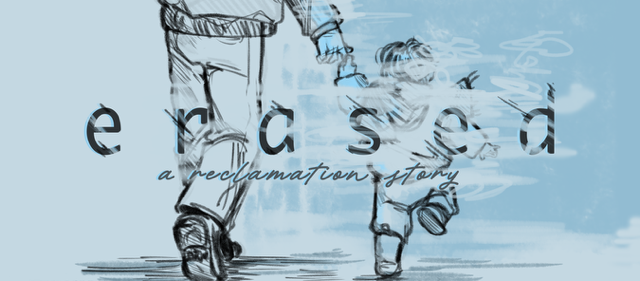
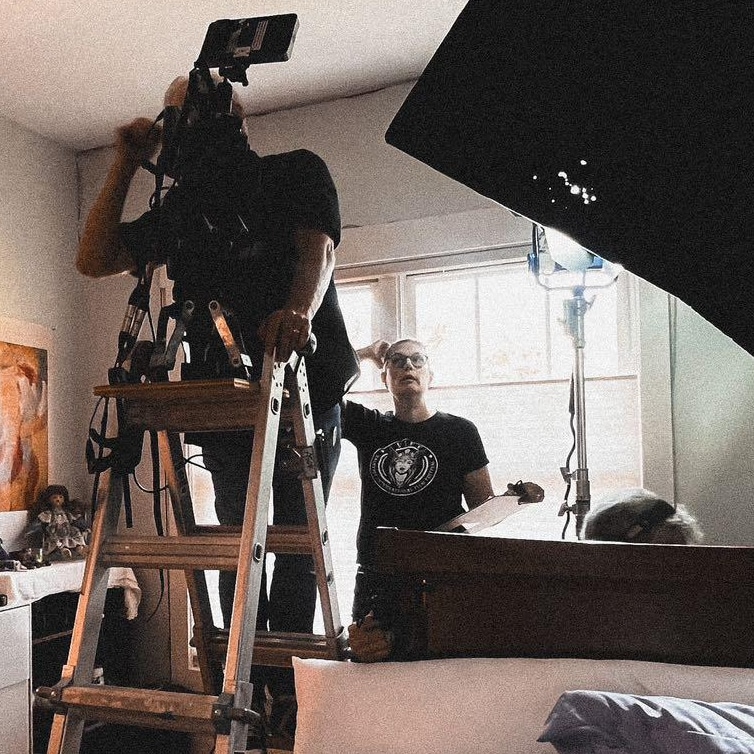
Thanks for sharing that. So, before we get any further into our conversation, can you tell our readers a bit about yourself and what you’re working on?
I’m a director making films about people who are ready to step off the ledge. I also run a production company called Mouse House Productions making efflorescent films about metamorphic human journeys, and I am a co-founder of AsheFemme Films – an annual event showcasing and empowering femme filmmakers and their work in the Western NC Region.
The most exciting thing about all of the above is that I am overcoming, and I am telling stories. I’m a woman, an Autistic person, a mom, a teacher, and a recovering co-dependent. I’m also building a resilient community along the way, and community is so important; community is everything.
Mouse House Productions is currently exploring a cooperative filmmaking model which means that when our films make a profit, the entire cast and crew benefit, not just the top tier folks. We are also focusing on giving opportunities to folks who show promise and potential and nurturing them alongside our projects.
Mouse House and I are currently making our first feature film: Erased – a reclamation story. It is a drama about a man who must choose between a life altering business deal and a relationship with his estranged son. As with everything I make, it has magical elements and an ending that will leave you thinking and hopefully conversing with your community long after the credits roll. We have a target date to finish the final cut by August 2025.
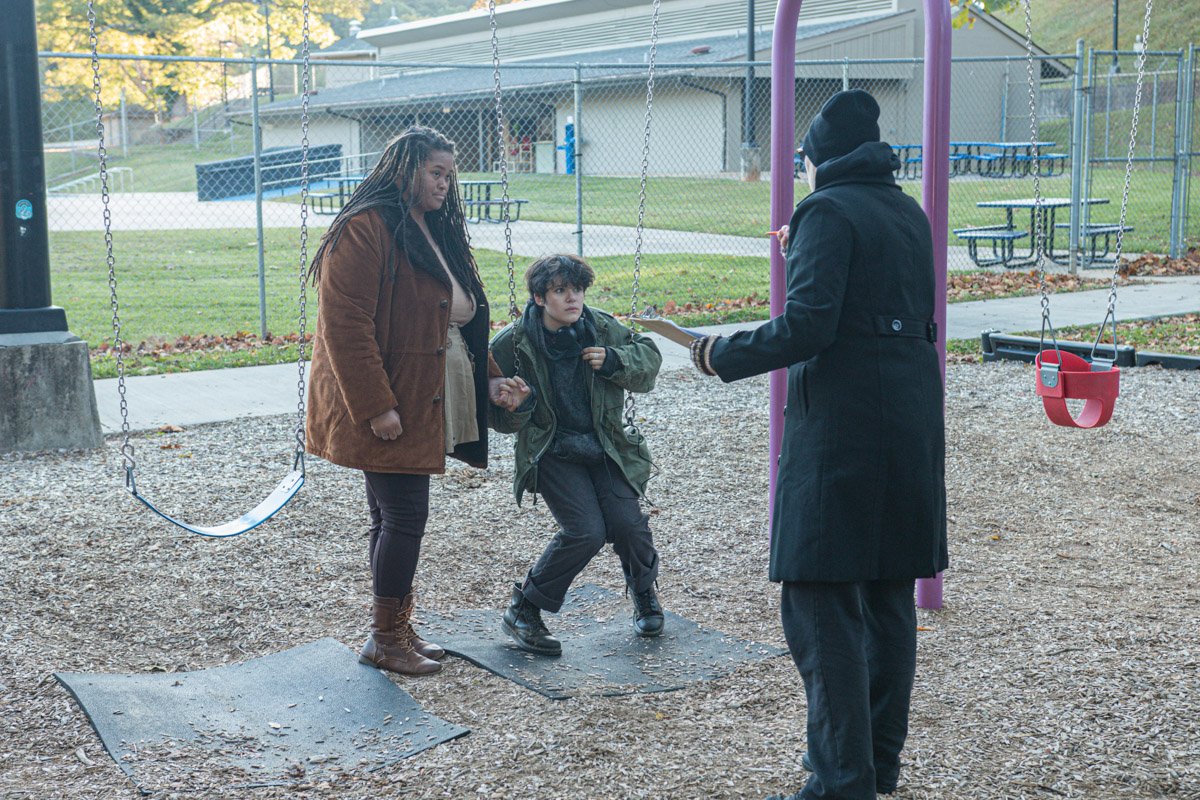
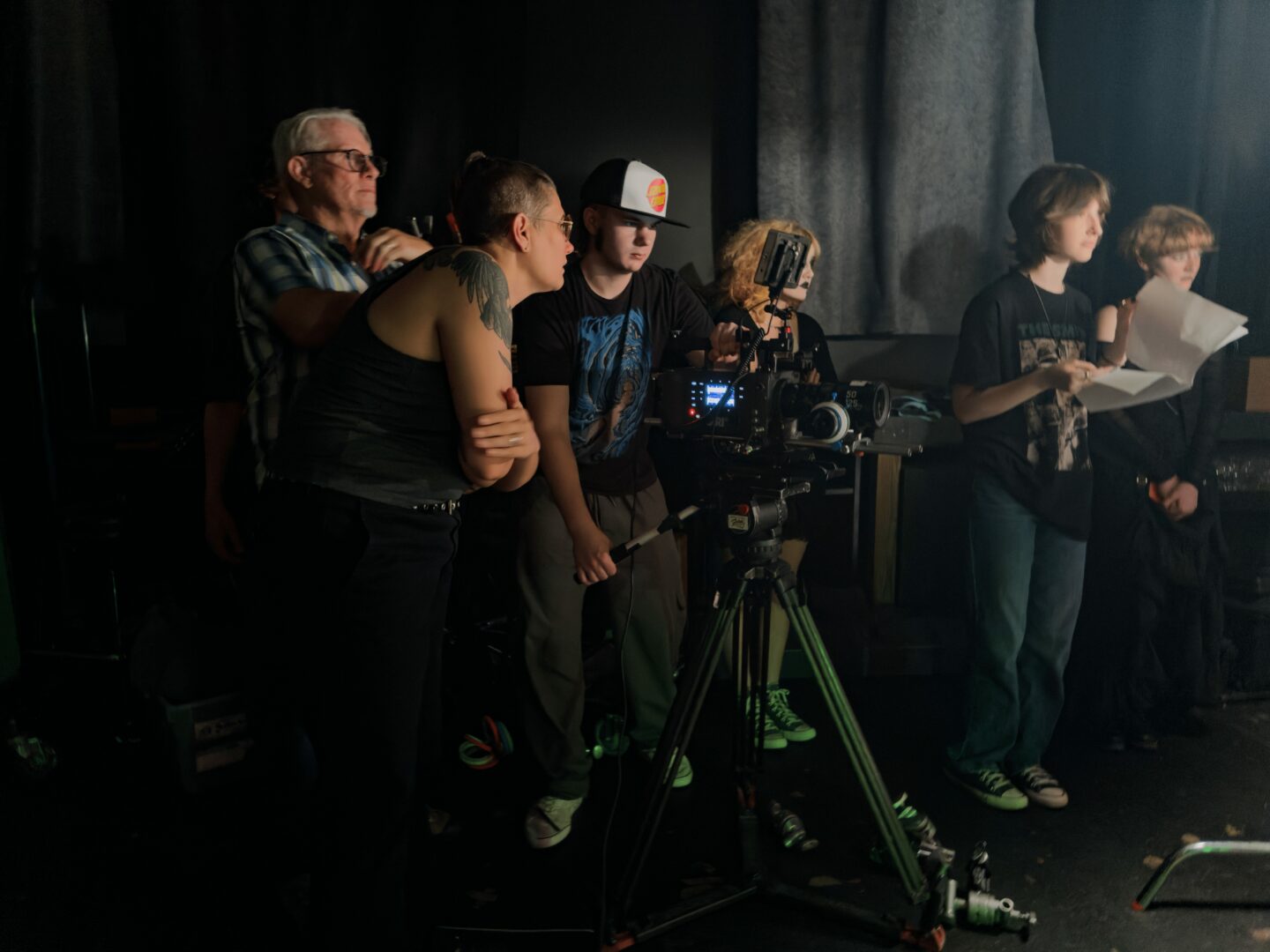
Looking back, what do you think were the three qualities, skills, or areas of knowledge that were most impactful in your journey? What advice do you have for folks who are early in their journey in terms of how they can best develop or improve on these?
Number one is the ability to communicate effectively. I cannot emphasize this enough. Learning communication, learning how to use your voice and influence people and outcomes is the most important thing I do.
Number two – building community. I learned this as a young person watching my father as a United Methodist minister using his skills to show others how to show up for each other. Later I participated in a group called The Refinery, where we focused on building Intentional Community – it was hard and messy work. You didn’t always like everyone, but you did show up for them. Lately I have been learning the most from the black women in my life and in their writing and online presence. The work is ongoing in learning to live with one another and to take care of one another. In addition to all of these, Hurricane Helene destroyed a lot of my city, and I have felt a lot of joy and hope in the community we are building as a result of this – in the learning from one another – in the mutual respect and aid and sharing.
Number three – resilience – getting back up after a mistake or a backslide or a complete disaster. There is just no choice in the matter. You have got to hold on to hope in the face of absolutely everything. Allow yourself to cry, to scream, to feel anguish and lament, but do not allow despair to take over.
My advice is to get to know all kinds of people. Take public speaking classes. Get into live performance art and learn how to work together in the face of crisis – small crisis on stage when someone forgets a line or a prop is missing or a special effect doesn’t work – learn to pivot in the moment and do it when the stakes are only high for performance value – this will give you so many skills in life and when the stakes are actually high and life is on the line. Learn to work with your gut. Face problem instead of hiding from them. Look fear in the face and keep taking small steps forward. You only have this one precious life. No one is going to live it for you. Do it afraid.
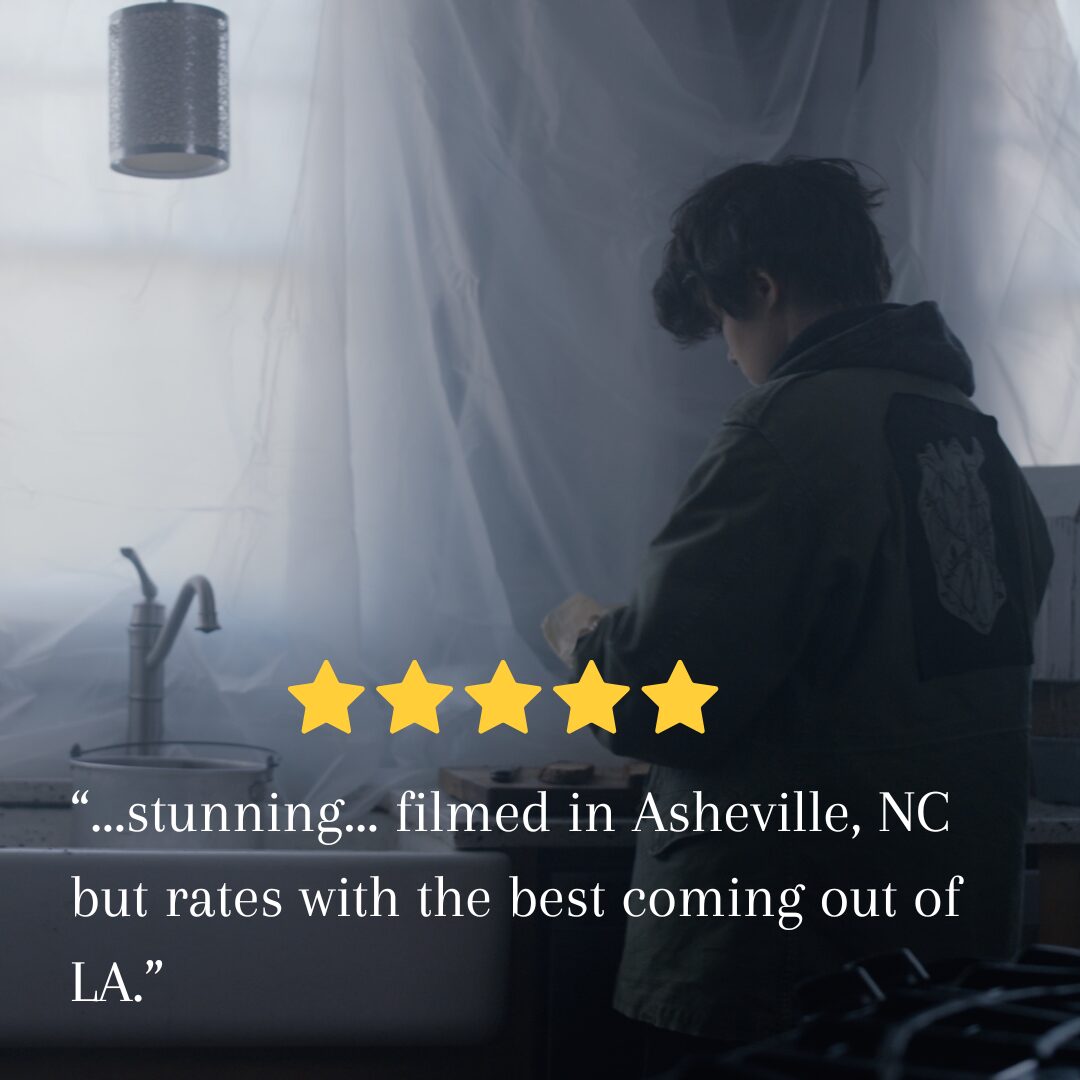
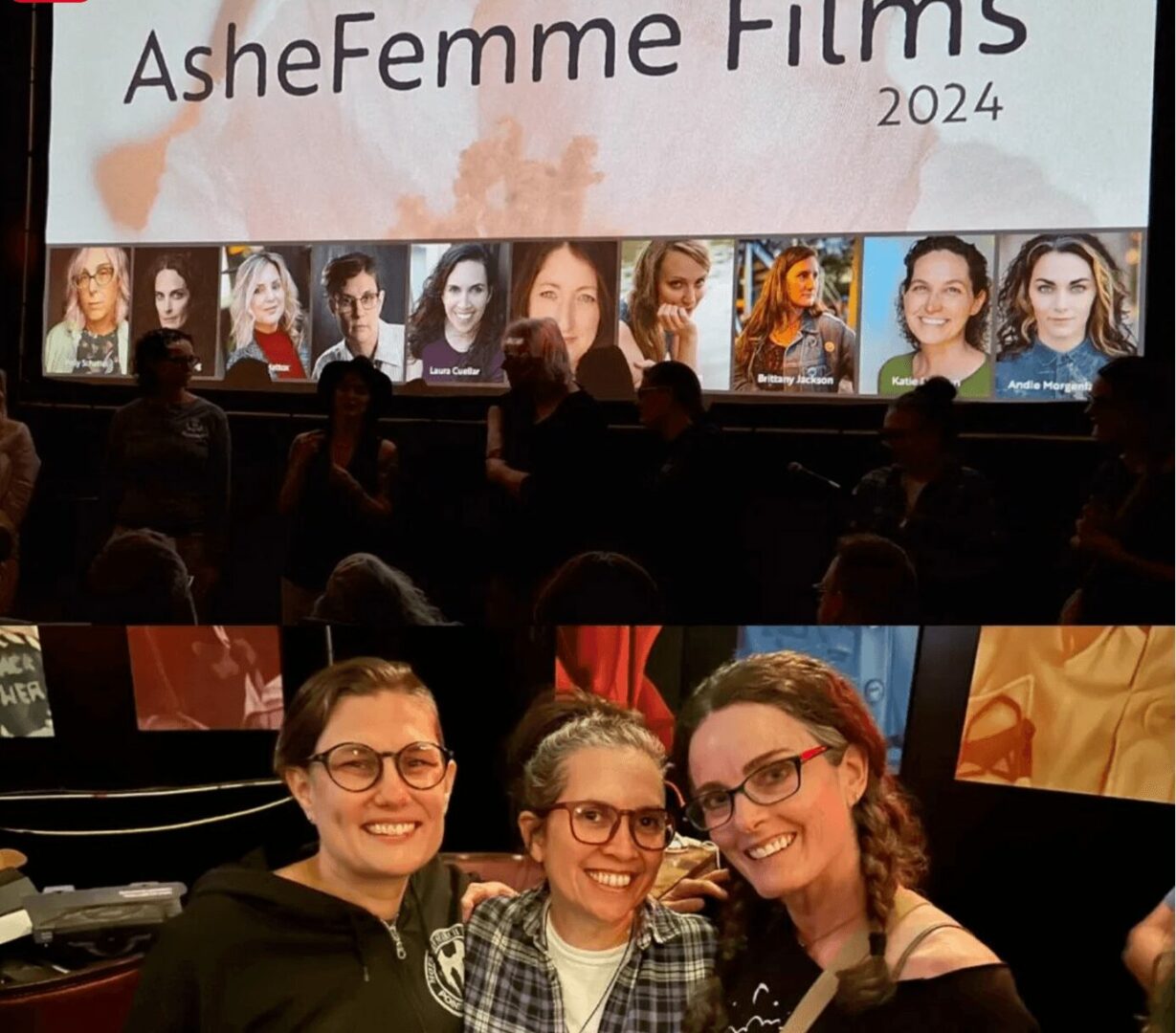
Before we go, maybe you can tell us a bit about your parents and what you feel was the most impactful thing they did for you?
My parents taught me how to notice when someone is in need and to jump in to help. At every event I attended, my dad would say – “If someone starts putting chairs away, you get up and you stack chairs with them.” Not only are you helpful, but you also gain the respect of everyone in the room. As a film director I am a leader. I am a “top tier creative” – but I am also not afraid to roll up my sleeves to solve problems. It’s not everyone else’s problem. It’s EVERYONE’s problem. My parents are problem solvers and team players and collaborators, and they identify solutions rather than standing and wringing their hands or blaming everyone else. You are the adult in your own life. Get in and fix it.
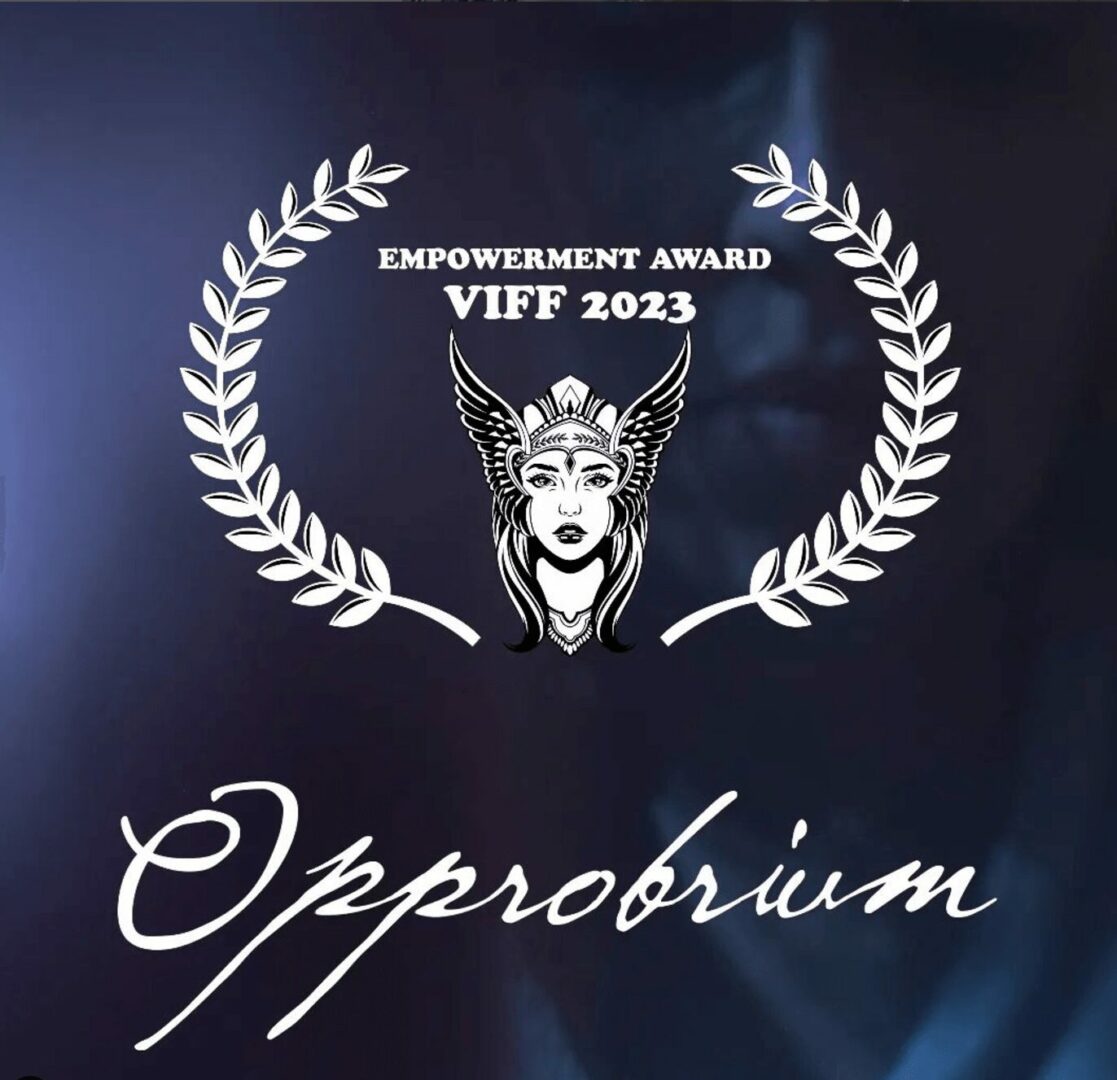
Contact Info:
- Website: https://www.missybell.com
- Instagram: https://www.instagram.com/missybell_arts/
- Facebook: https://www.facebook.com/missybellarts
- Linkedin: https://www.linkedin.com/in/missy-bell-59a00b46/
- Youtube: https://www.youtube.com/@missybell_arts
Image Credits
David Superville Michael C. Bell

